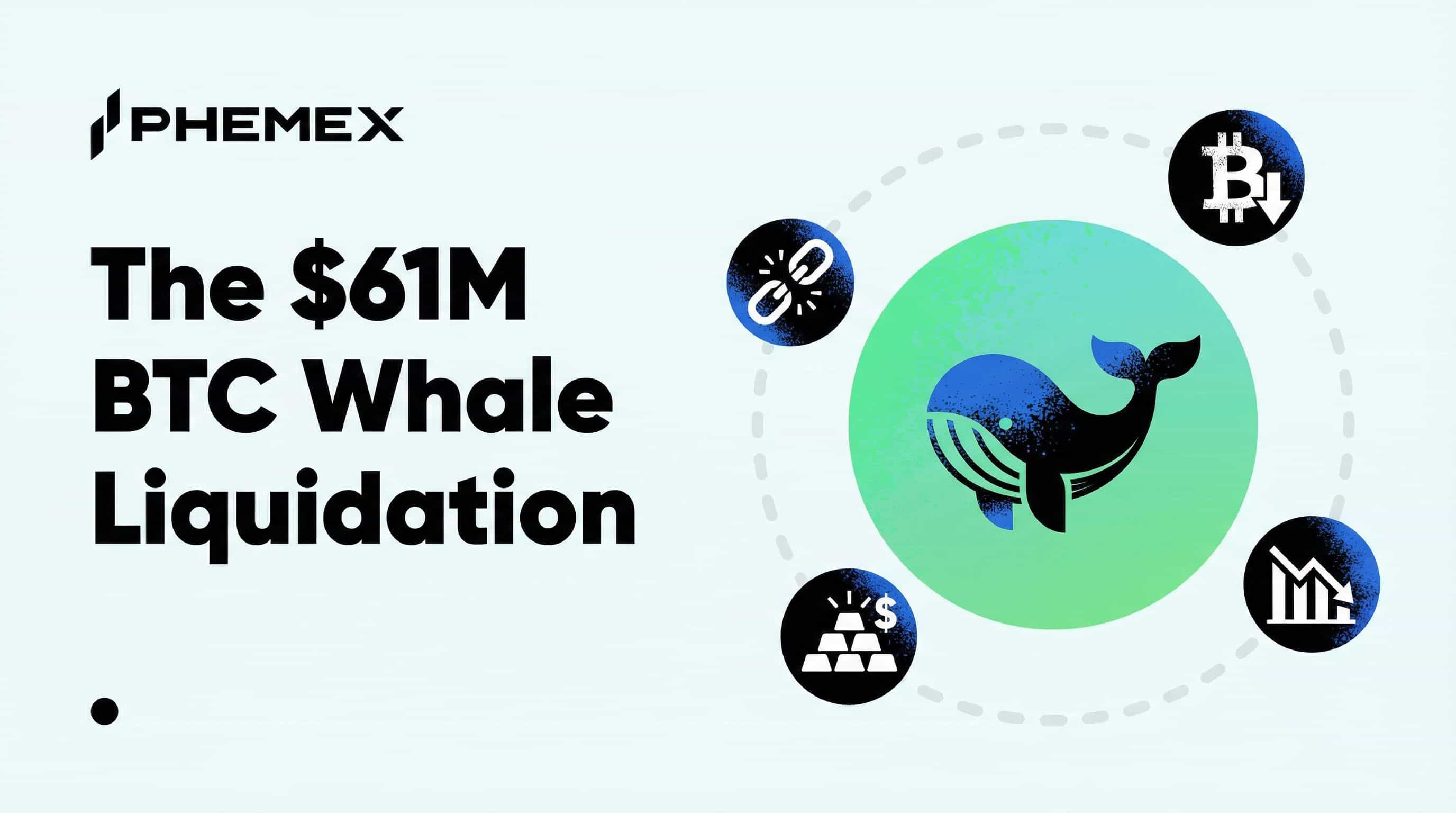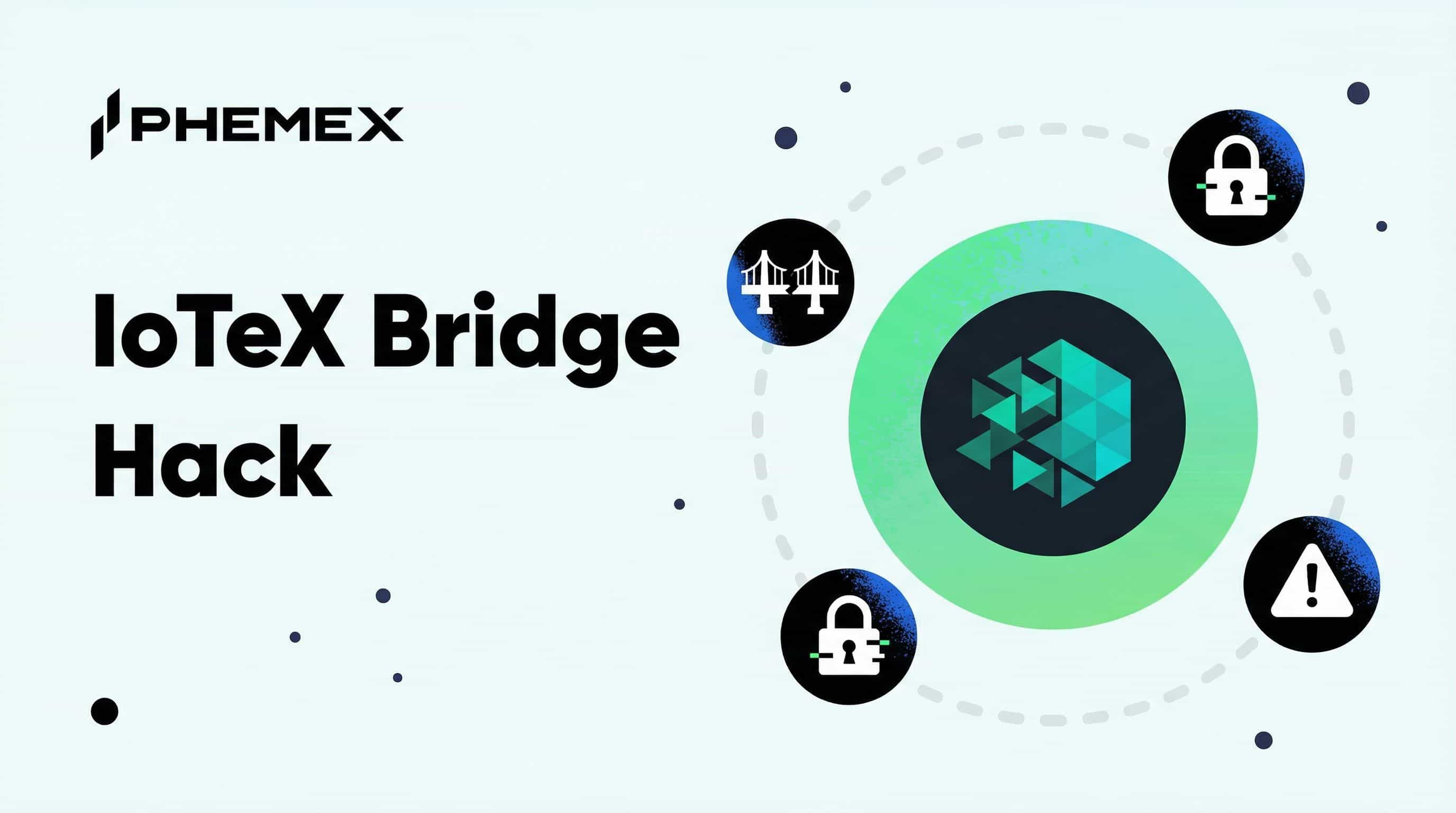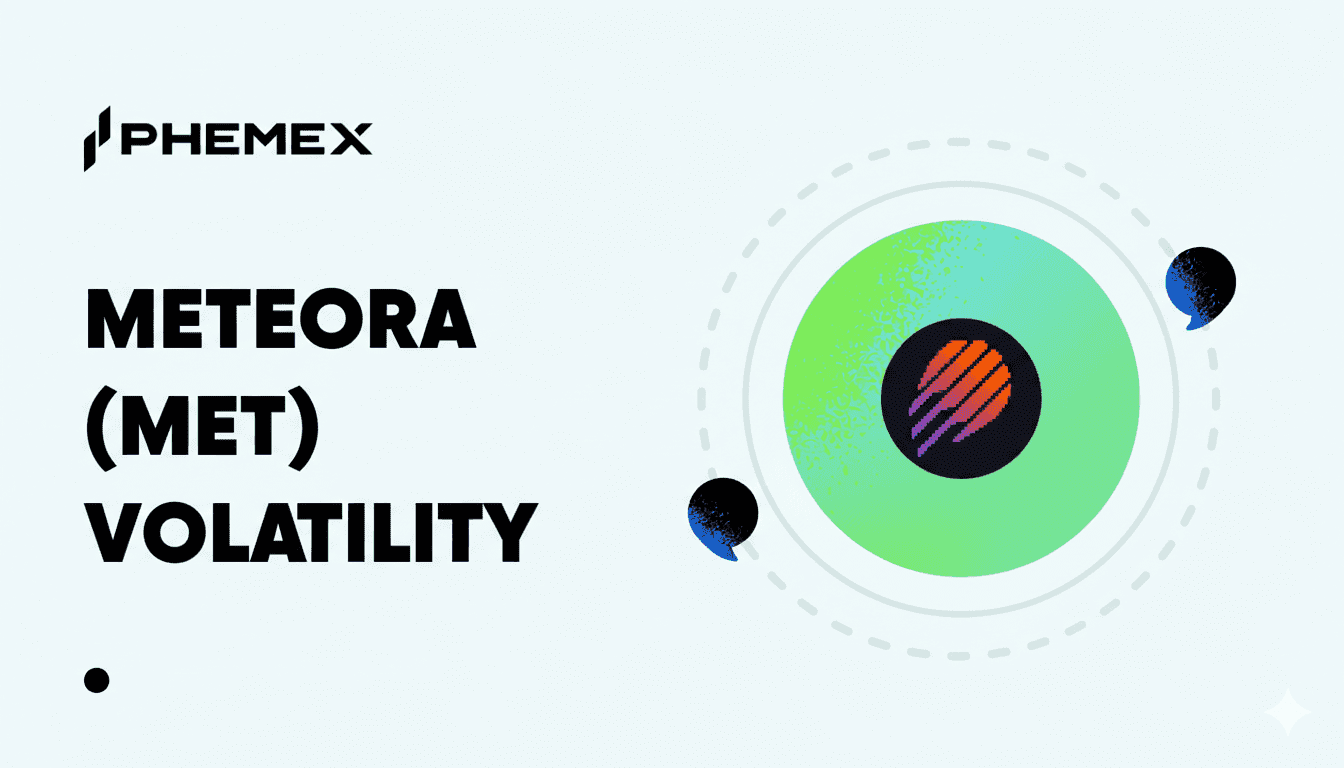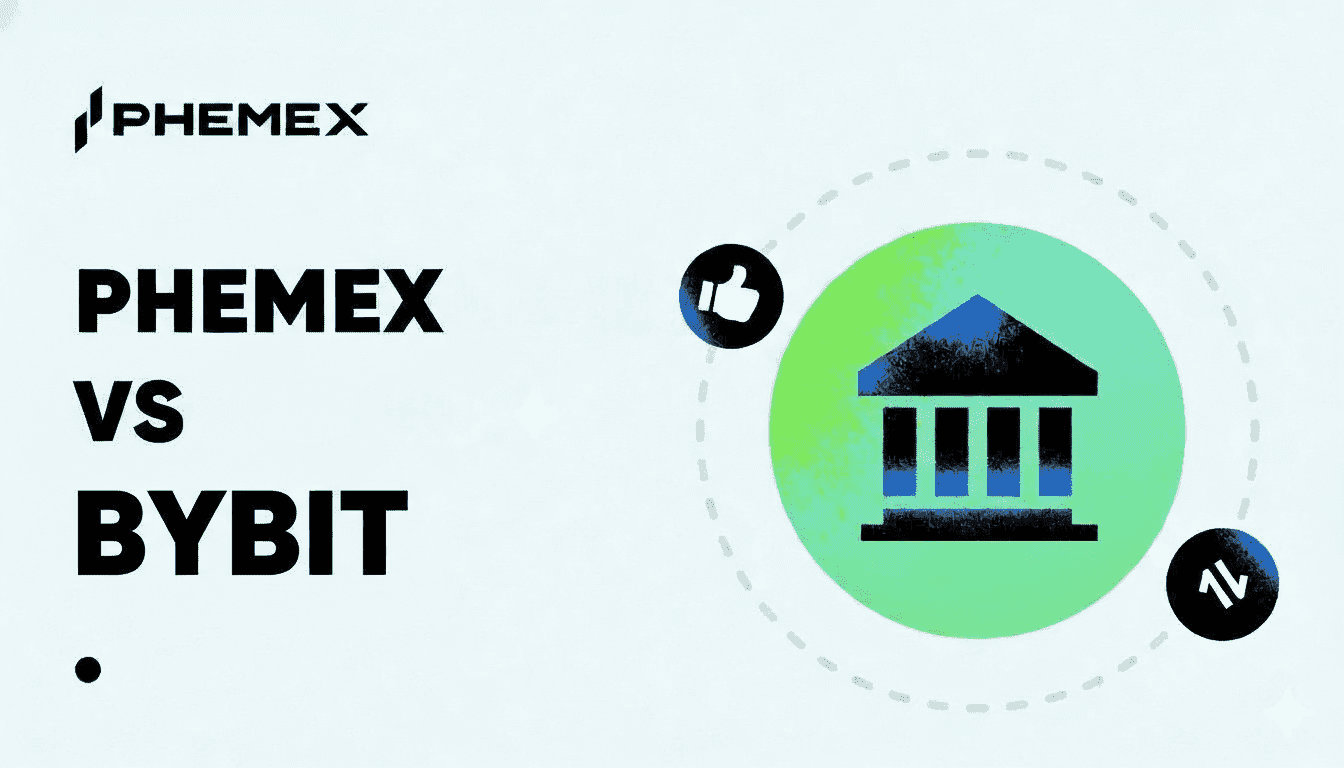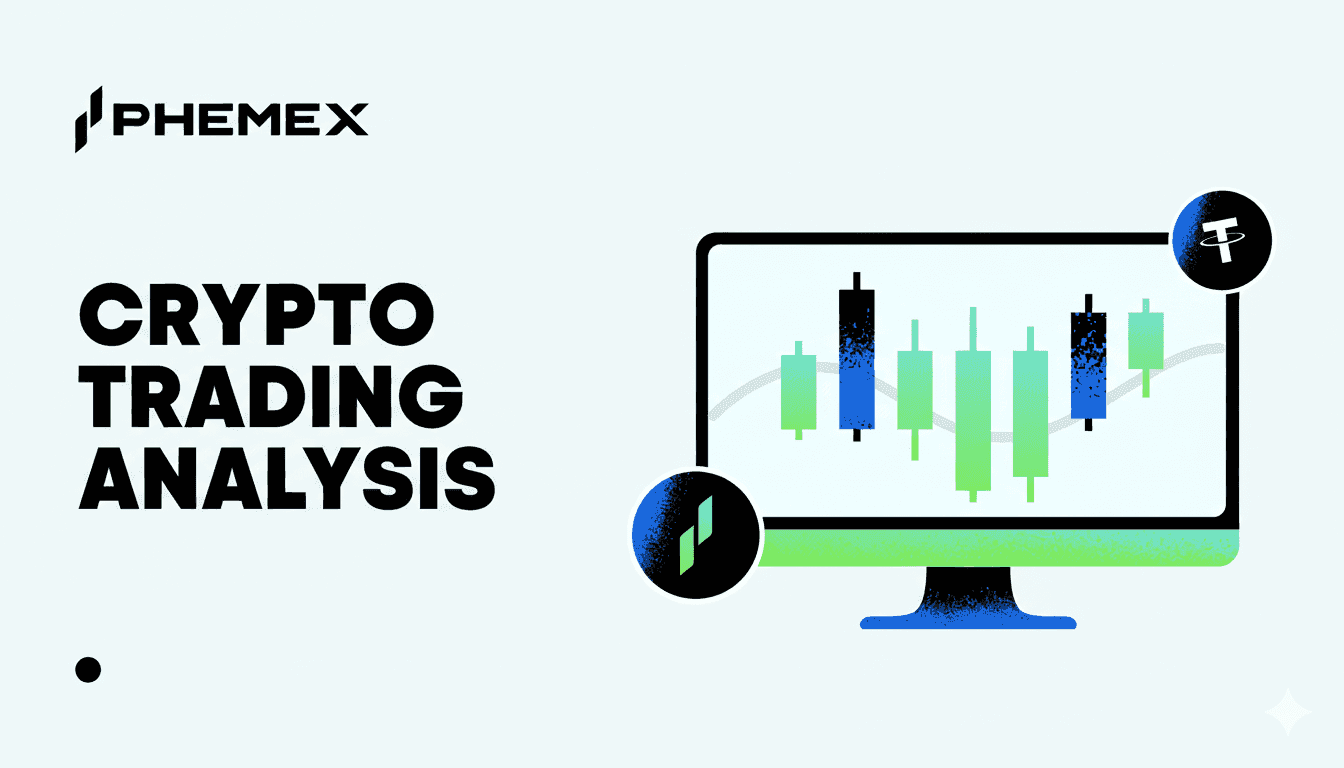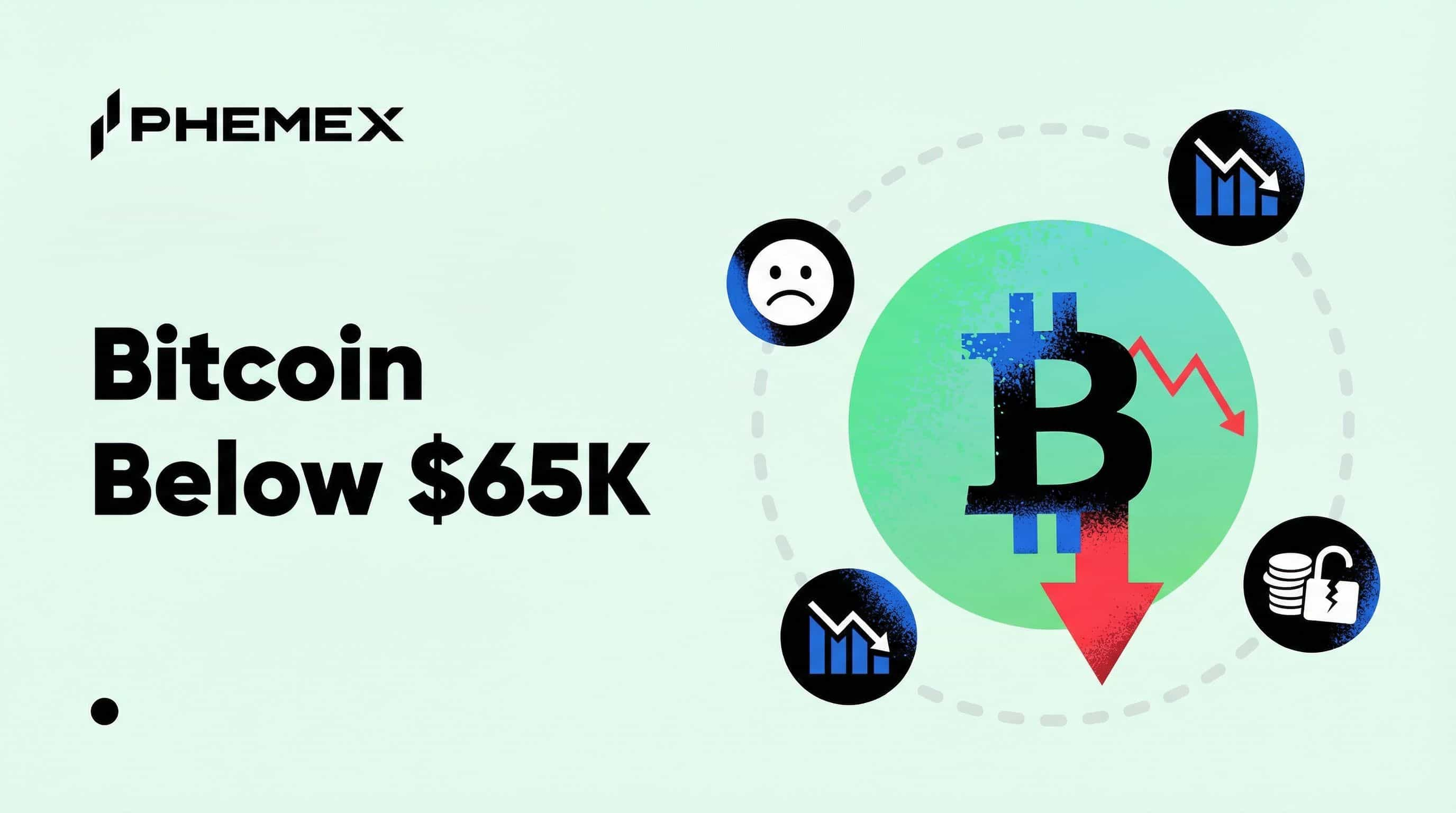Meme tokens have been a unique and prominent staple of the blockchain industry nearly since its inception. In fact, of the top 10 major cryptocurrencies by market capitalization today, only Bitcoin and Ripple were launched prior to Dogecoin, the forefather of meme coins. $DOGE began in 2013 as an unserious spoof of Bitcoin, and a decade later its grip on the zeitgeist of the wider crypto community has propelled it to a near $18 billion market cap. Since then other major meme tokens followed suit, such as Shiba Inu and PEPE, both of which have survived at least one crypto cycle and remained in the top 25 cryptocurrencies.
Historically meme coins have been quite a controversial sector within blockchain. Supporters believe they represent the vibrant, community-first principles of crypto, while detractors argue they provide little utility and drag down the entire industry’s image as volatile and unserious. Therefore, it may come as a surprise to many that meme coins have become the central driving narrative of the most recent crypto bull market. In 2024 Q1, meme tokens represented by far the most successful vertical within the industry, boasting jaw-dropping average returns of 1316%. They didn’t slow down much throughout the rest of the year, and have often been the catalyst of upward spikes in the market. So what’s the reason behind the meme coin hype this cycle, and is it here to stay?

In 2024, the memecoin sector far outperformed every other vertical in crypto.
Memes Resonate with the Average Crypto Investor
Meme token investing provides insight into the intricate relationship between human psychology and financial decision-making. Unlike traditional assets, meme coins operate within a unique landscape that’s heavily influenced by social trends, viral moments, and the lure of rapid profits.
At the core of meme coin investing are human emotions and biases, with FOMO driving participation in trending tokens that’s amplified by social media and celebrity endorsements. Community sentiment is more than just important, it’s everything. After all, most meme tokens have little intrinsic value in terms of utility besides the collective belief of their communities. Herd mentality can lead to volatile price shifts as traders ape into the hottest new memes. The promise of quick gains appeals to risk-takers, and many users trade crypto in the first place because they are willing to stomach risk in return for the chance at a fast 10x, 100x, and even 1000x. Therefore, it can be argued that meme coins embody the “high-risk, high-reward” ethos of crypto investing more than any other token class, and that’s why they hold so much mass appeal to retail traders.
Additionally, meme coins can pop up instantly following a trending or viral event. Since 2024 is an election year, it’s no surprise that some of the meme tokens that have made the most noise surround politics. This convergence of politics and digital assets has spurred a new class of cryptocurrencies that center themselves around political figures and movements, such as the MAGA (TRUMP) token, Kamala Horris (KAMA) token, and Jeo Boden (BODEN) token. Within the past year, the MAGA token has surged by almost 1500%, partly driven by Trump’s pro-crypto stance and speculation around his re-election bid.
Low-Cost, Retail-Friendly Networks
The advancement of more sophisticated Layer 1 and Layer 2 blockchains has also propelled the meme coin trend, resulting in specialized "memechains" aimed at retail traders. Previously, meme tokens were mainly launched on Ethereum, but newer networks like Solana and Base have taken over this cycle by providing better scalability and lower fees.

Base, an Ethereum Layer 2 integrated with Coinbase, provides seamless payment settlements and user-friendly features for meme projects. Since its August 2023 launch, Base has attracted over 25 million new users. Solana, with its high throughput and minimal fees, is now also a major meme coin player and its ecosystem is home to popular tokens like $POPCAT, $WIF, and $BONK as well as a myriad of celebrity launched tokens. The active Solana community’s interest in memecoins and small-cap trades has allowed it to occasionally surpass Ethereum-based DEXs in daily trading volume.
Power to the People
Meme coin creation itself has also become democratized with the rise of platforms like Pump.Fun, which allows users to create tokens on Solana for only 0.02 SOL, resulting in over 1.5 million tokens made. The platform charges a 1% transaction fee, generating cumulative revenue exceeding 528,500 SOL, or around $80 million.

This accessible approach reduces entry barriers, inviting a wider audience—including content creators and crypto enthusiasts—to engage with meme coins. While Base and Solana support various Web3 applications, such as DeFi, NFTs, and gaming, they’ve also driven memecoin growth. These networks make creating and trading memecoins more affordable, expanding their reach beyond Ethereum and cultivating active communities.
Ironically, the 2024 cycle played out in many ways due to greater institutional involvement through BTC and ETH ETFs. As mammoth funds like BlackRock get involved with other narratives like RWA (real world assets), retail investors may find such avenues more regulated and less conducive to rapid gains. This could be one fundamental reason for the skew towards meme coin success. With the influx of institutional funds into crypto, it may come as no surprise that retail money has found its home this cycle in the allure of silly, irreverent memes.
Read More
- Will NFTs Ever Make a Comeback?
- The Myth of Satoshi Nakamoto
- Memecoin History and Categories - Into the Trenches with Memes
- What is Pump.fun? The Controversial Memecoin Generator that’s got the Crypto Industry in a Frenzy
- What is Dogecoin: Crypto’s Most Valuable Joke
- Are NFTs dead or are they making a comeback with Trump?
- Top Crypto Trends Heading into 2025
- Will NFTs Ever Make a Comeback?
- January BTC Market Analysis
- Real World Assets (RWA) - Hyped Narrative or Here to Stay?




